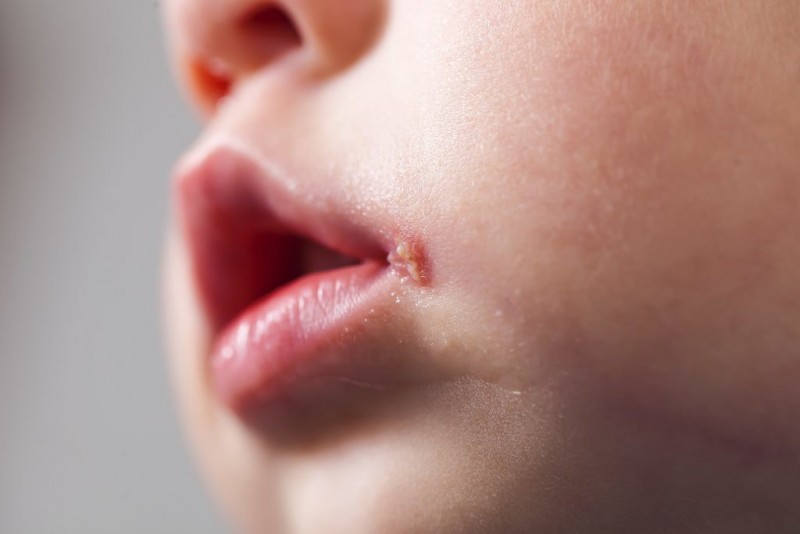
Canker sores are small, painful ulcers that can form inside the mouth, making eating, drinking, and even speaking uncomfortable. While they are generally harmless and tend to heal on their own within a week or two, recognizing the warning signs of canker sores can help you manage the discomfort and take preventive measures. In this article, we'll delve into the various aspects of canker sores, from their causes and symptoms to ways of preventing and treating them.
Canker sores, also known as aphthous ulcers, are small, painful lesions that develop on the inside of the mouth, lips, cheeks, or even the tongue. While they're generally harmless and tend to heal on their own within a couple of weeks, they can cause discomfort and irritation. Here are some warning signs to watch out for if you suspect you might be developing a canker sore:
Tingling Sensation: Before a canker sore becomes visible, you might experience a tingling or burning sensation in the area where it's about to develop. This sensation can last for a day or two before the sore becomes noticeable.
Red or White Spot: As the canker sore forms, you might notice a small, round, red or white spot with a slightly raised border. This is the initial stage of the sore's development.
Pain and Discomfort: Canker sores can be quite painful, especially when eating, drinking, or brushing your teeth. The pain can range from mild to severe, depending on the size and location of the sore.
Small Ulceration: Within a day or two, the red or white spot will likely transform into a small, shallow ulcer with a red border. The center of the sore is usually yellow or white.
Difficulty Eating and Speaking: If the canker sore is located in a place that comes into contact with food or your teeth while talking, you might experience difficulty eating and speaking comfortably.
Swelling and Inflammation: The area around the canker sore can become swollen and inflamed. This can further contribute to discomfort and sensitivity.
Multiple Sores: In some cases, multiple canker sores might develop at once, either in the same area or in different parts of the mouth.
Duration: Canker sores typically last for about 1 to 2 weeks before they begin to heal. If a sore persists beyond this timeframe or is accompanied by severe pain, it's advisable to seek medical attention.
Recurring Sores: Some people are more prone to developing canker sores and may experience them repeatedly over time. If you notice a pattern of recurring sores, it's a good idea to discuss it with a healthcare professional.
Potential Triggers: Certain factors can trigger the development of canker sores, such as stress, hormonal changes, injury to the mouth, certain foods (like citrus fruits or spicy foods), and a compromised immune system.
If you experience persistent or severe canker sores, consult a healthcare provider or dentist. While canker sores are generally harmless, they can occasionally indicate an underlying health issue that requires attention. Additionally, your healthcare provider can recommend treatments or strategies to manage the pain and promote faster healing.
Celebrating Affection: Unveiling Significance of Kiss Me Day on August 27
Health Benefits of Bananas: A Fruit Worth Celebrating on Banana Lover's Day
Health Benefits of Nutriplus Monofloral Honey, the Essence of Mustard